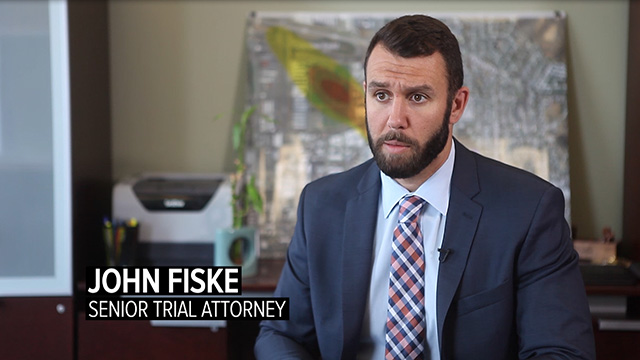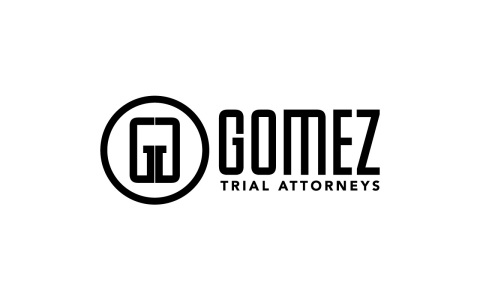LONG BEACH, Calif.--(BUSINESS WIRE)--Today, the City of Long Beach, Gomez Trial Attorneys, and Baron & Budd filed the seventh lawsuit of its kind against Monsanto for PCB contamination of Long Beach’s city storm water and the Port of Long Beach. Polychlorinated biphenyls, or PCBs, are toxic chemicals which cannot be contained and last for decades. PCBs off-gas from their original application, enter into city storm water through urban run-off, and deposit into the Port of Long Beach.
Long Beach joins San Jose, San Diego, Seattle, Oakland, Berkeley, and Spokane, all which have filed similar lawsuits against Monsanto. The case was filed in federal district in the Central District of California, Case No. 2:16-cv-03493.
Monsanto produced PCBs for approximately 50 years until the U.S. Congress banned them because they endanger human and environmental health. Despite the 1979 ban, today PCBs are a common environmental contaminant found in all natural resources including water and plants as well as tissues of marine life, animals and humans. PCBs bioaccumulate in the food chain and are associated with illnesses and cancer in humans.
“The City is committed to holding Monsanto responsible for the significant amount of contamination it has placed into the City’s eco-system and Monsanto should shoulder the burden of cleaning up the environment, not the taxpayers of Long Beach and the State,” says City Attorney Charles Parkin. “Long Beach is standing up for clean water and holding Monsanto responsible for producing and distributing products in knew would become a significant risk to the environment.”
“Monsanto unleashed an environmental virus that cannot be contained and is now in virtually every living organism in our food chain,” says Baron & Budd attorney Scott Summy, who leads the litigation for each of the seven cities. “Long Beach is standing up for clean water and holding Monsanto responsible for manufacturing a product it knew would become a global contaminant.”
“PCBs are found in the consumable tissue of fish and other wildlife. Monsanto’s PCBs are one of the largest public nuisances on the planet,” says attorney John Fiske of Gomez Trial Attorneys. “It’s unfair that Long Beach taxpayers and cities are stuck cleaning up Monsanto’s mess.”
During the five decades prior to the 1979 ban, Monsanto’s PCBs were incorporated into a wide variety of products and applications including power transformers, electrical equipment, paints, caulks and other building materials. Monsanto knew that PCBs were toxic and could not be contained as they readily escaped into the environment, finding their way into bays, oceans, lakes, rivers, streams, soil and air. Although documents show Monsanto recognized PCBs were becoming a global contaminant, Monsanto continued to manufacture PCBs and ignored the health risks to humans and the environment.
California’s Water Quality Control Board has determined that the presence of PCBs in storm water runoff in Long Beach threatens fish and wildlife in the Port of Long Beach. Long Beach will continue to incur significant costs related to PCBs in its storm water and the sedimentary deposits in Port of Long Beach and adjacent ocean floor areas.
Gomez Trial Attorneys, based in San Diego, represents cities and families in water contamination cases. Baron & Budd, P.C., based in Dallas, Texas, has represented hundreds of public entities nationwide whose water supplies, properties or natural resources are affected by chemical contaminants.
For questions, please contact John Fiske at Gomez Trial Attorneys at 619-237-3490 or Fiske@TheGomezFirm.com.



